1. Kids Don’t Respect Their Elders
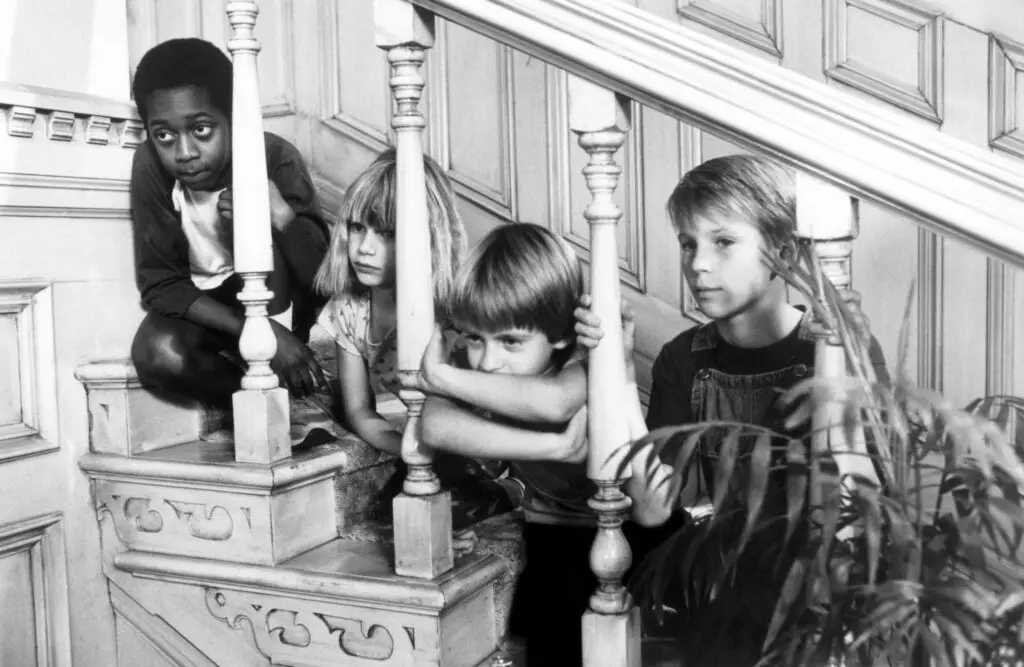
Back in 1925, adults were shaking their heads, claiming kids had lost all sense of respect. They thought young people had no patience for tradition, talked back too much, and weren’t as polite as they used to be. Some even worried that calling adults “sir” or “ma’am” was falling out of fashion. Sound familiar? Every generation thinks the next one is too bold, but really, kids are just figuring out their place in the world says MSN.
Even Socrates complained about young people lacking respect, so this isn’t exactly new. The truth is, kids have always tested boundaries, and adults have always found that frustrating. But with time, most of those so-called “disrespectful” kids grow up and start shaking their heads at the next generation. It’s a never-ending cycle, and odds are, someone in 2125 will still be saying the same thing adds YourTango.
2. Kids Are Too Obsessed With New Technology
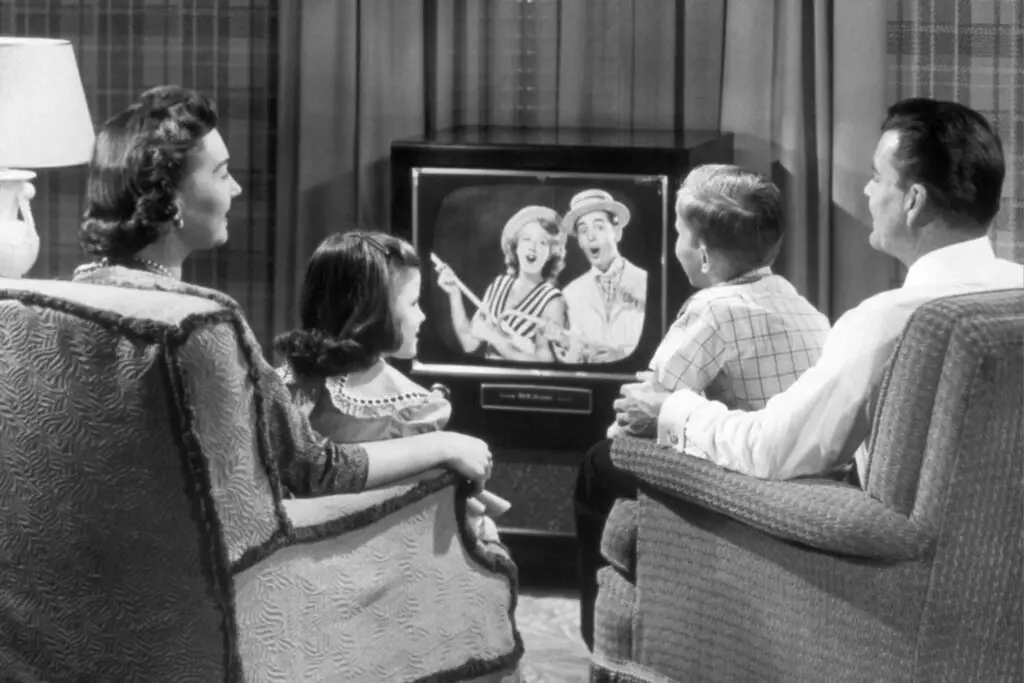
In 1925, radios were the big concern. Parents worried kids were spending too much time listening to broadcasts instead of reading or playing outside. They thought radio shows were distracting and that kids would never learn patience or deep thinking. Fast-forward nearly 100 years, and now people say the same thing about smartphones shares the New York Times.
Every generation has a new technology that older folks think is ruining attention spans. But the reality is, kids just adapt to whatever’s available. In 1925, they memorized radio jingles; in 2025, they memorize TikTok trends. One day, today’s kids will probably complain that their own children are too obsessed with some futuristic invention explains USA Today.
3. Kids Don’t Have Any Manners
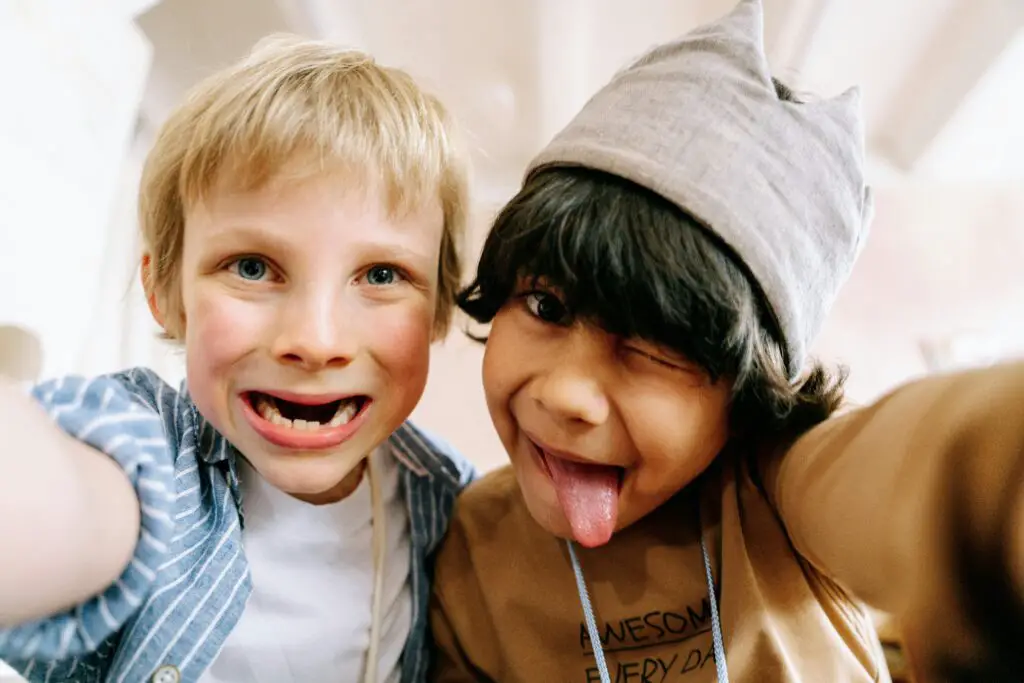
In the ‘20s, parents scolded kids for slouching at the table, chewing with their mouths open, or failing to say “please” and “thank you.” They believed good manners were disappearing and that children weren’t as refined as they used to be. This complaint wasn’t just from strict teachers or fancy socialites—regular parents were worried, too.
Fast-forward to today, and the same frustration exists. Whether it’s elbows on the table or kids not looking up from their phones during dinner, adults still feel like common courtesy is disappearing. The truth? Manners evolve. What was once considered polite might not be as relevant now, but respect and kindness never truly go out of style.
4. Kids Are Too Wild in Public
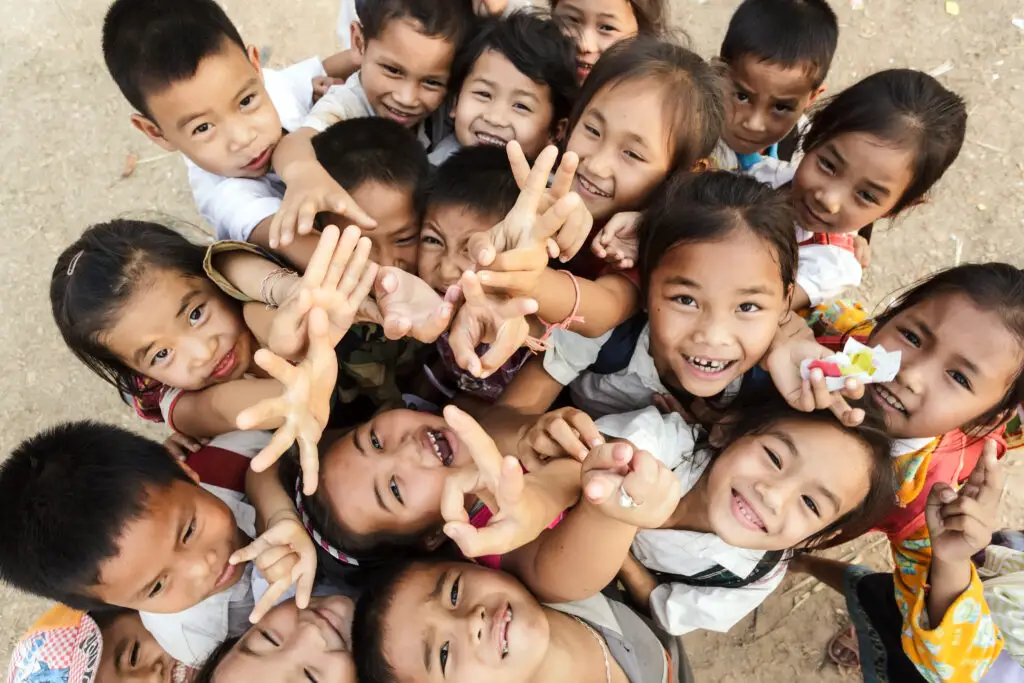
In 1925, adults griped about rowdy children running around restaurants, talking too loudly on trains, or being disruptive in stores. They thought kids lacked self-control and that parents weren’t disciplining them properly. People even wrote letters to newspapers about how “young people these days” had no sense of decorum.
Today, you’ll hear the same thing about kids screaming in grocery stores or jumping around in waiting rooms. But children have always been bundles of energy, and sitting still for long periods isn’t exactly natural for them. Sure, some are better behaved than others, but the idea that kids used to be perfectly quiet angels in public? That’s just nostalgia talking.
5. Kids Don’t Read Enough
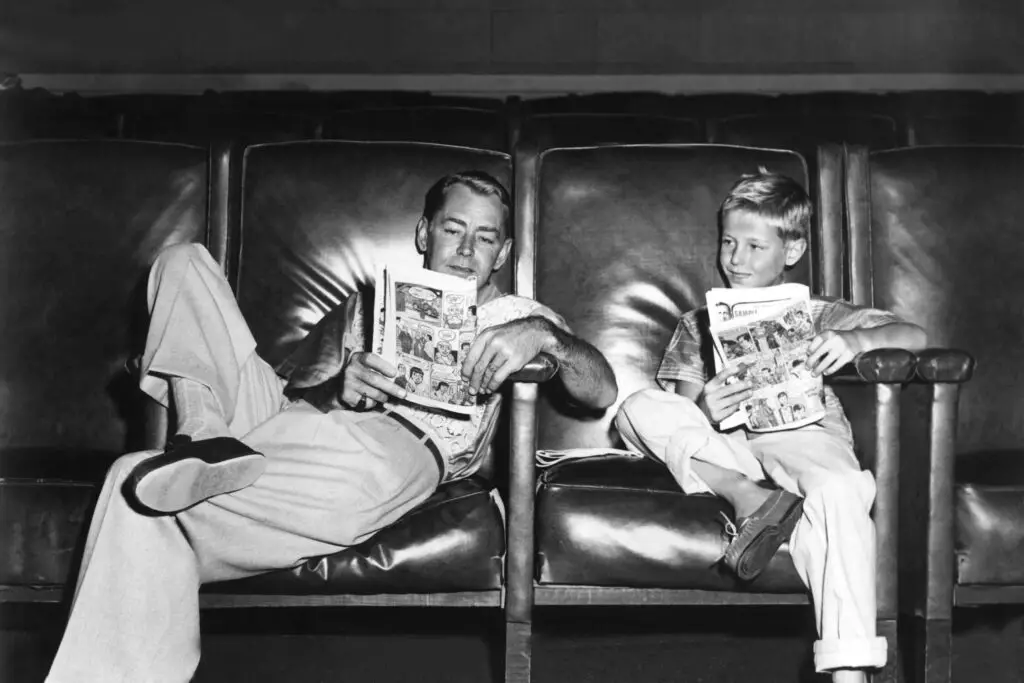
Parents in the 1920s worried that kids were ditching books in favor of comic strips and magazines. They thought all those illustrations would ruin children’s ability to appreciate “real” literature. There was even concern that kids weren’t developing their imaginations because they were too distracted by flashy, low-effort entertainment.
Fast-forward, and today’s concern is that kids spend too much time watching videos instead of reading. But the funny thing is, comic books didn’t ruin reading—many kids who started with comics grew up to love books. Just like today’s kids who scroll on screens might still end up devouring novels when they find the right one.
6. Kids Don’t Know How to Do Chores
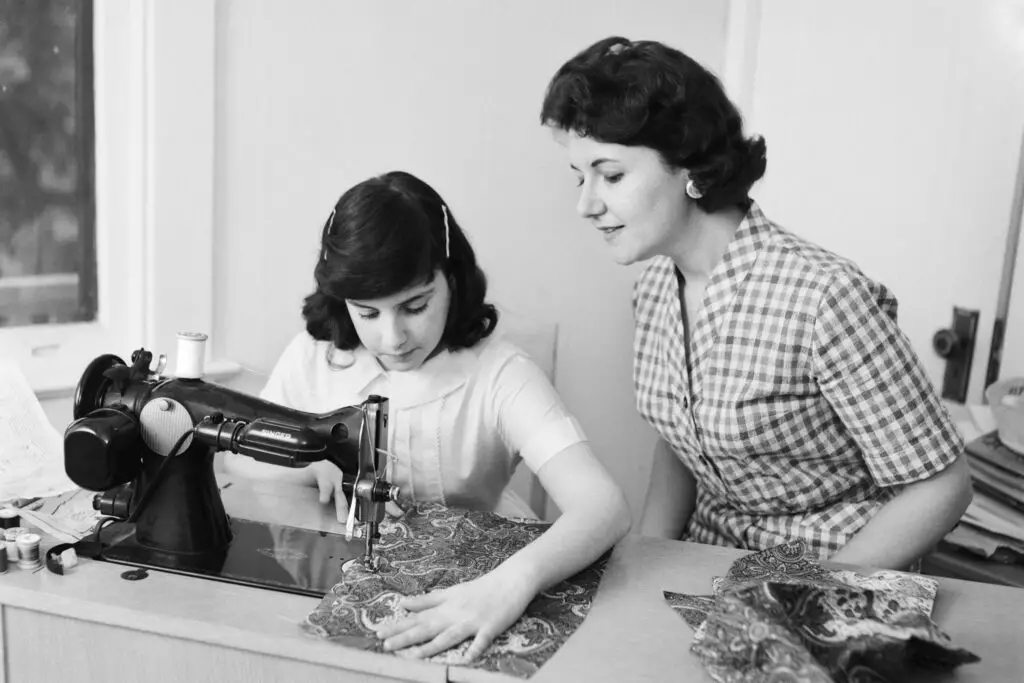
In 1925, parents groaned that kids weren’t pulling their weight around the house. Some adults felt that children had become too soft and didn’t know how to clean properly or do basic tasks like sewing a button. They longed for the “good old days” when kids supposedly took responsibility without complaints.
Nowadays, you hear similar concerns. Parents worry that kids can’t cook, don’t know how to fold laundry, or avoid helping out. But let’s be honest—most kids never loved chores, no matter the decade. They learn when they have to, and soon enough, they figure out that clean clothes don’t magically appear.
7. Kids Are Always Complaining

In the ‘20s, adults believed children whined too much and didn’t appreciate what they had. They thought kids were too soft compared to previous generations who “had it harder.” Stories circulated about how kids were getting pickier about food or lazier about schoolwork.
Fast-forward, and you’ll hear the same thing today. But really, kids have always found things to complain about—it’s just part of growing up. What seems like whining to an adult is often just a kid figuring out how to express themselves. And let’s be honest, adults complain plenty too!
8. Kids Dress Too Sloppy
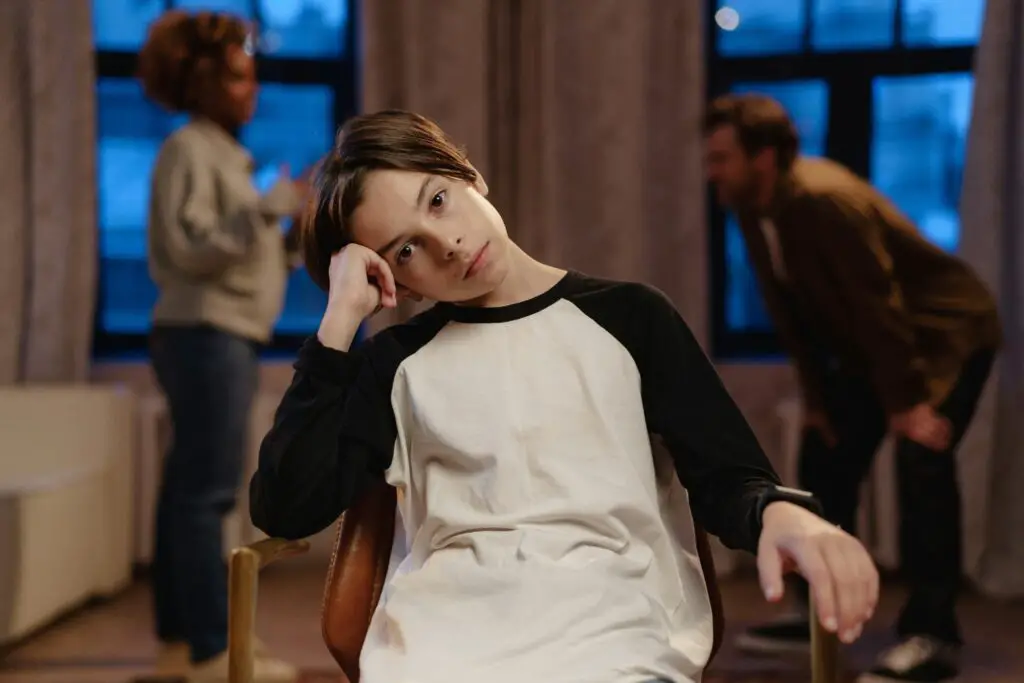
Parents in the 1920s thought children were dressing too casually. They worried that skipping hats or not polishing shoes signaled a lack of discipline. Some even argued that kids wearing looser, more comfortable clothes made them lazy.
Today, the complaints are about kids wearing sweatpants everywhere or dressing “too casual” for formal events. But style has always evolved, and comfort has always been a priority for young people. Just like kids in 1925 wanted to ditch stiff collars, kids today want to avoid anything too restrictive.
9. Kids Are Too Reckless

Whether it was climbing trees, jumping off swings, or riding bikes too fast, adults in 1925 thought kids were dangerously careless. They worried children would break bones or get into trouble because they didn’t think before acting. Parents begged kids to be more cautious, but of course, they rarely listened.
Now, the concerns are about kids taking risks online, driving too fast, or playing extreme sports. But the truth is, kids have always pushed limits. It’s how they learn, and even though it makes parents nervous, it’s not a new problem.
10. Kids Have No Work Ethic

In 1925, adults thought kids weren’t serious enough about their future. They worried young people didn’t value hard work and would struggle as adults. Some even thought schools were making things too easy.
Now, people say kids are too distracted by technology to develop real skills. But every generation finds its way, and today’s kids are learning in ways their grandparents never imagined. Hard work just looks different over time.
11. Kids Are Too Influenced by Celebrities
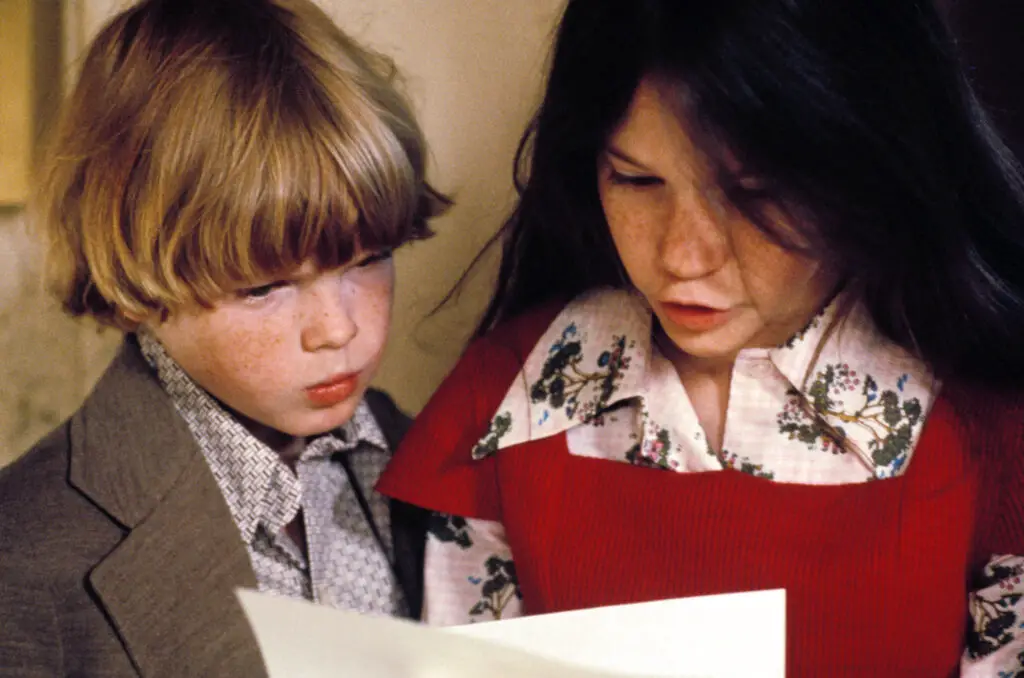
Movie stars in the ‘20s were the TikTok influencers of their day. Parents worried kids were copying flashy trends and idolizing the wrong people. They thought young people cared too much about fame and not enough about real role models.
Sound familiar? The names have changed, but the concern is the same. Today’s parents worry about social media influencers instead of silent film stars. But just like in the ‘20s, most kids eventually outgrow their celebrity obsessions.
12. Kids Are Always in a Hurry

Adults in 1925 felt kids rushed through everything—meals, homework, even conversations. They worried young people weren’t slowing down enough to appreciate life. Some blamed new transportation, like cars, for making everything feel too fast-paced.
Now, people blame short attention spans and instant gratification. But kids have always been eager to move on to the next thing. Slowing down is something they learn over time, just like every generation before them.
13. Kids Don’t Listen
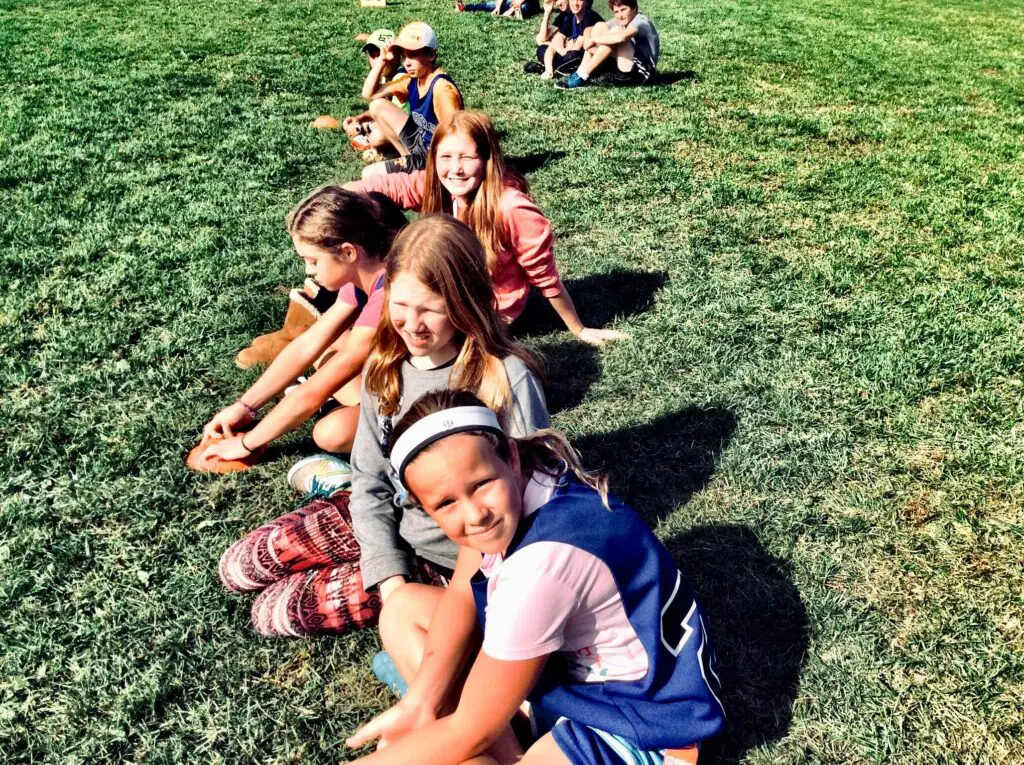
Parents in the ‘20s sighed that kids ignored advice and did whatever they wanted. They thought young people weren’t paying attention to the wisdom of their elders. This wasn’t just about rules—adults wanted kids to appreciate their experiences.
Today, parents say the same thing about kids being glued to screens or tuning them out. But listening is a skill, and kids eventually figure out that good advice is worth hearing. It just takes time.
14. Kids Don’t Appreciate What They Have
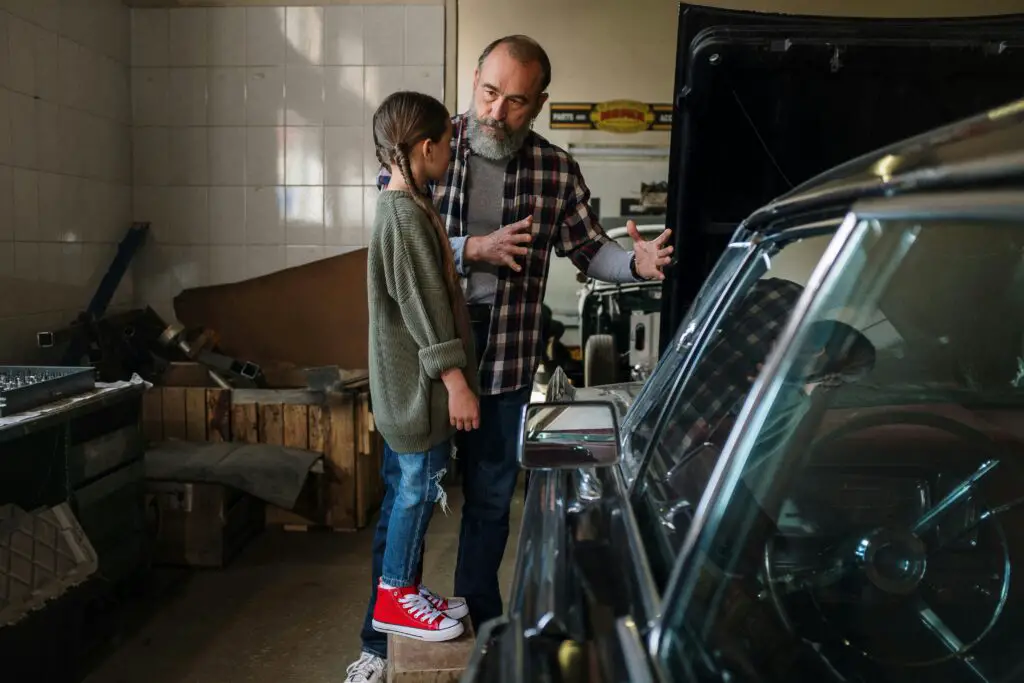
In 1925, adults claimed kids didn’t understand the value of money or hard work. They thought young people took things for granted, whether it was a new toy or a warm meal. Many parents believed their own childhoods had been tougher and that kids didn’t realize how easy they had it. Sound familiar? Today’s parents say the same thing about kids with smartphones, streaming services, and instant everything.
But kids in 1925 were likely just as grateful—or ungrateful—as kids today. Children don’t always have the perspective to understand what life used to be like. They only know the world they grow up in. And just like before, most of them eventually realize how lucky they are once they get older and have to pay for things themselves.
15. Kids Are Always Looking for Entertainment
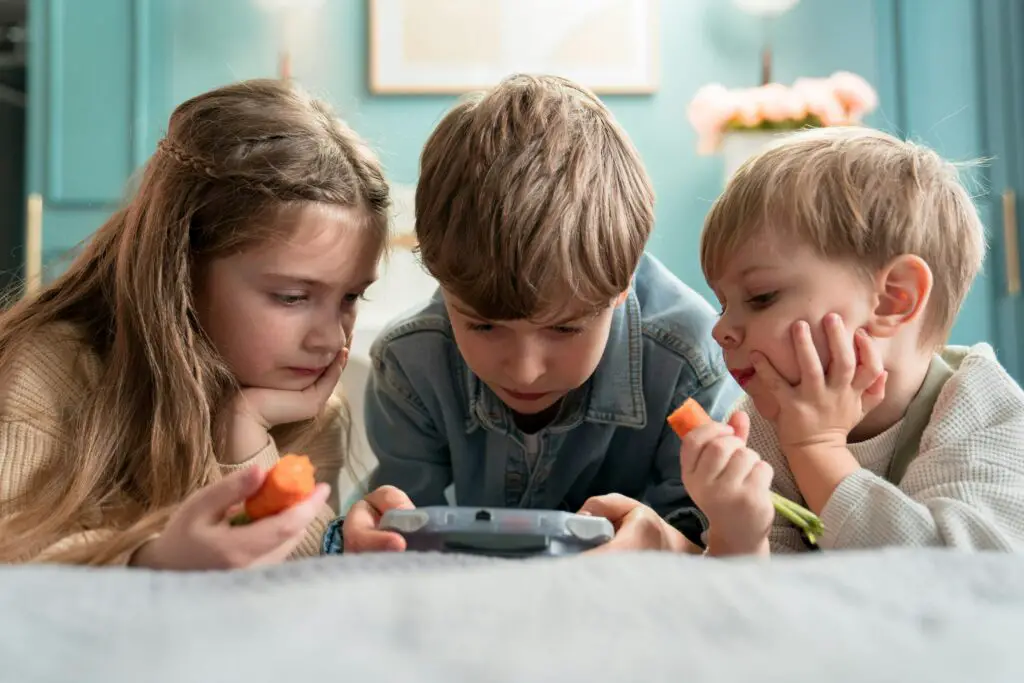
In the ‘20s, parents worried kids needed too much stimulation. They thought young people were spending too much time at movie theaters, listening to jazz, or playing games instead of focusing on “useful” activities. Some adults even worried that kids were addicted to fun and wouldn’t be able to handle serious responsibilities when they got older.
Now, people say the same thing about kids always being on their phones, watching YouTube, or playing video games. But the need for entertainment isn’t new—only the forms of it have changed. Kids have always sought out fun and distraction, and honestly, so have adults. At the end of the day, life isn’t just about work, and a little entertainment has never ruined anyone.
